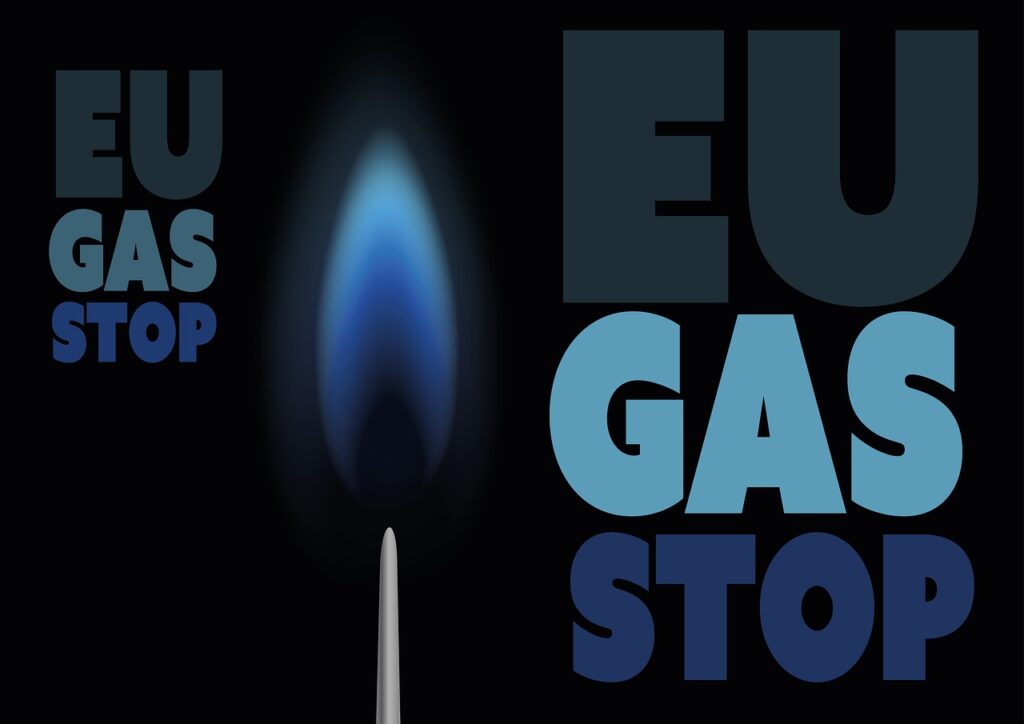The gas supply in Germany is highly uncertain due to the Ukraine war and the associated sanctions against Russia. Economics Minister Habeck is trying to prepare the country for a possible gas shortage by quickly changing existing laws. In the process, gas consumption in the event of a gas shortage is initially to be reduced largely by the energy companies’ pricing policies. To this end, the revision of the Energy Security Act provides for a corresponding right of price increase for the gas suppliers. This makes it possible for the gas suppliers to leverage the price fixing in existing supply contracts with industry and households. Business representatives sharply criticise this change in the law.
Government amends laws to prepare for acute gas shortage
The amended gas shortage laws also include the Power Plant Supply Act. The amendment additionally stipulates that gas-fired power plants may no longer generate electricity in the event of a supply shortage. If the gas supply crisis occurs, the Federal Network Agency is responsible for distributing the gas quantities. However, the Federal Network Agency lacks the necessary data from the industry to do this. That is why it has been trying for some time to record the large consumers in a database. This is a lengthy process. Another aspect is the fact that the grid agency is hardly in a position to verify the data from industry. This is a scope that can hardly be achieved by the agency.

Federal Network Agency takes over the distribution of gas volumes in case of emergency
If a gas supply shortage occurs, the state is constitutionally obliged to take over the energy supply. This means that the state is responsible for distributing the gas that is still available to consumers. In doing so, it must take special care that the remaining quantities are used in such a way that the production of the essentials of life is guaranteed and damage is avoided to the greatest extent possible. Vital things include, for example, chemicals for the production of medicines or fertilisers for agriculture, as well as all food processing. Major damage could occur in the glass industry, for example. There, the molten glass in the furnaces would solidify and the furnaces would be completely destroyed.
Regulating gas distribution exclusively by price is therefore also not compatible with the Basic Law. Therefore, the Federal Network Agency must ration the remaining gas quantities in good time and allocate the demand according to the criteria mentioned. Whether the network agency is up to this task is more than questionable.
